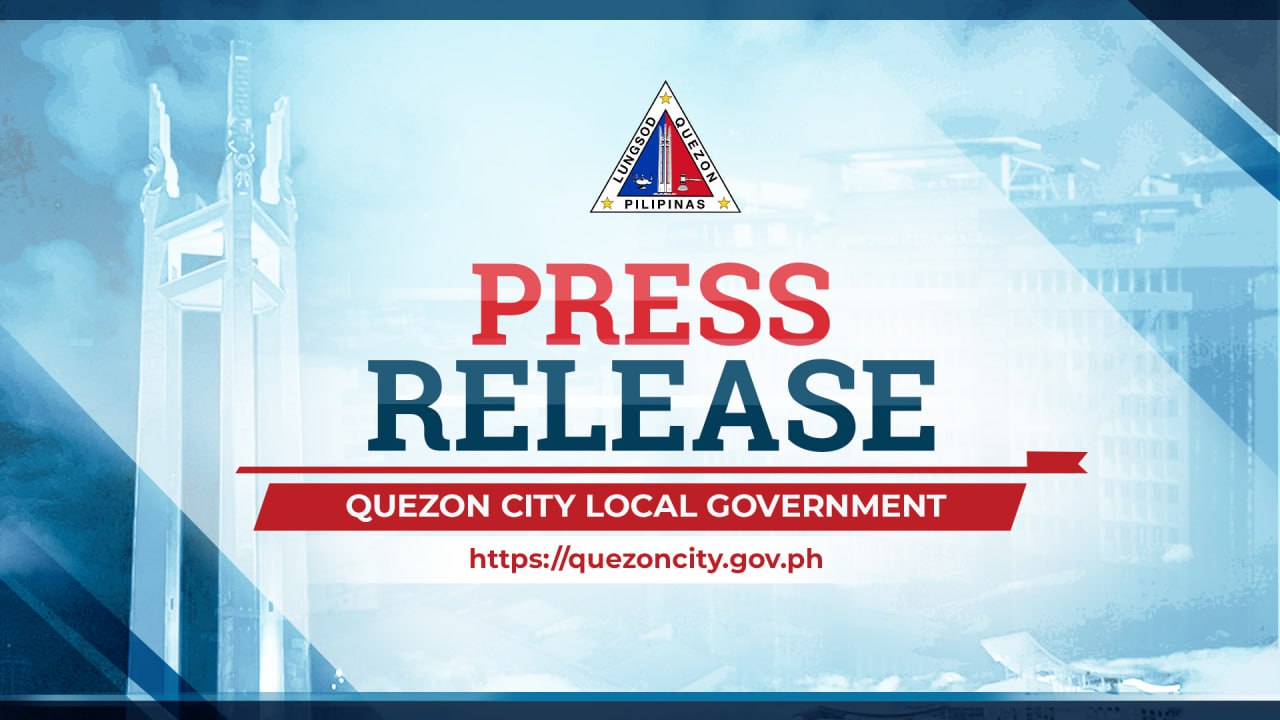
Residents of Quezon City battling chronic kidney disease (CKD) now have greater access to life-saving treatment with the opening of the city’s second dialysis facility, located at the Rosario Maclang Bautista General Hospital (RMBGH).
“Chronic kidney disease is a growing public concern in the country. We hope that by opening this dialysis center and bringing our healthcare services closer to our people, no resident will have to choose between their well-being and their livelihood,” said Mayor Joy Belmonte.
According to the Department of Health (DOH) and the Philippine Renal Disease Registry, over 40,000 Filipinos undergo dialysis every year. In Quezon City alone, the Health Department recorded 42 CKD-related deaths in 2024. The new facility aims to help reduce this number by offering accessible and affordable dialysis treatment to those in need.
The RMBGH Dialysis Center was made possible through P8.5 million in funding allocated by District 2 Congressman Ralph Tulfo. The budget was used to purchase medical equipment and upgrade the hospital’s facilities to meet dialysis service standards.
Operating from Monday to Saturday, the center can serve up to nine patients per day, with each session lasting an average of five hours—providing care for as many as 54 patients weekly.
Mayor Belmonte noted, “Instead of enduring long waiting times in state hospitals or spending large amounts in private facilities, QCitizens now have access to quality dialysis treatment that is closer to home.”
The service is free for eligible patients through the expanded PhilHealth Dialysis Package, which significantly eases the financial burden on families.
To qualify for treatment, patients must submit several requirements, including an endorsement from a nephrologist, a Hepa profile valid for at least six months, their last three treatment sheets, and a set of laboratory results. They must also present a list of their medications, a clinical abstract, and a vaccination record, among others. A valid PhilHealth membership ID number is also required.
The RMBGH facility is the city’s second dialysis center. The first was established at the Quezon City General Hospital and is equipped with five state-of-the-art hemodialysis machines: three for maintenance dialysis, one for emergency use, and another designated for patients with infectious diseases.
With these initiatives, Quezon City continues to strengthen its commitment to public health by expanding access to essential medical services, especially for the most vulnerable.
###







